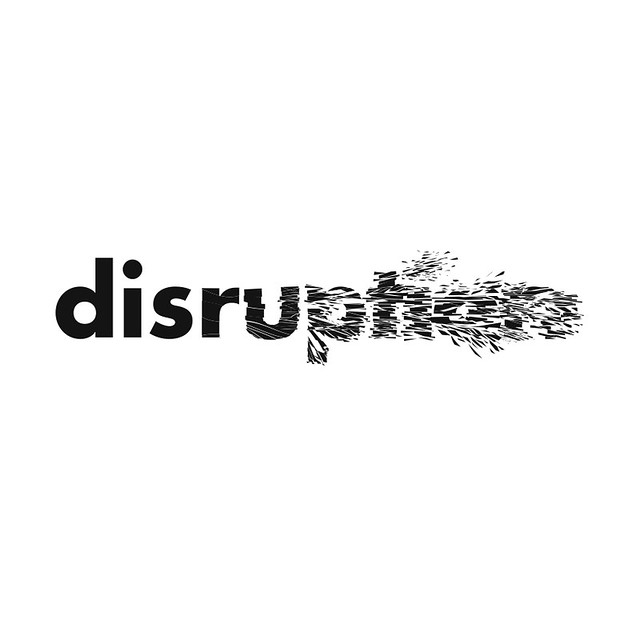Ah, disruption. In 2010, the word - as applied to new-fangled business models - was barely on the radar; in 2011, it was the new new thing; by 2012, it was so overused that Forbes wrote: "If your organization pivots to disrupt an industry, you need a new strategy."
Like so many buzzwords and buzz-concepts, disruption started out with good intentions: It represented the notion that in order to be really successful, organizations had to think in whole new ways for their industry. So far, so good - we all know that the world is moving faster than ever, and the only way to prevent your organization from getting stuck behind the curve is to work hard at staying way ahead of it.

Except that the people who do all the talking about 'disruption' seem mostly to be guys wearing skinny jeans, Gucci hoodies and Google glasses who spend a lot of time showing off fast-paced presentations on their iPads and rather less time demonstrating how, exactly, you're going to explain your new disrupted business model to Marge down in shipping/receiving.
So poor Marge, who's been doing a fantastic job in the shipping/receiving department for the past 15 years, walks in one day to discover that, thanks to 'disruption', her paper files have been sent to the storage facility and she will hitherto be doing all her documentation on a tablet that's been left on her desk, using CRM software that's still in beta, while the skinny-jeaned disruption guy has moved on in search of his next TED talk.
Marge and her team are flummoxed: With no files to access, no idea how to use the new software, and no information about why this disaster has happened, they panic, and spend the rest of the week getting virtually nothing done. They spend Week 2 coming up with their own stopgap system so that at least they can process outgoing orders, and Week 3 is spent catching up on the time they lost in Weeks 1 and 2. They spend most of Week 4 fielding complaints from the sales reps, who are now getting 16 calls a day from annoyed customers because the company's normally seamless supply chain has suddenly gone off the rails. By Week 5, Marge and her team have a whole new system in place, but it's totally disconnected from the rest of the organization and it's even less efficient than what they were doing before.
This is definitely 'disruption' - just not the kind of disruption anyone intended.
Change management isn't nearly as sexy as a guy in a Gucci hoodie wielding an iPad and raving about Peter Gabriel's latest ideas about interspecies internet. But change management is what ensures your innovative 'disruptive' idea actually makes it to the bottom line in one piece - and without wasting 4+ weeks of Marge's (and everyone else's) time.
Next time, we'll talk about practical strategies for getting from 'disruption' to 'ROI'.

